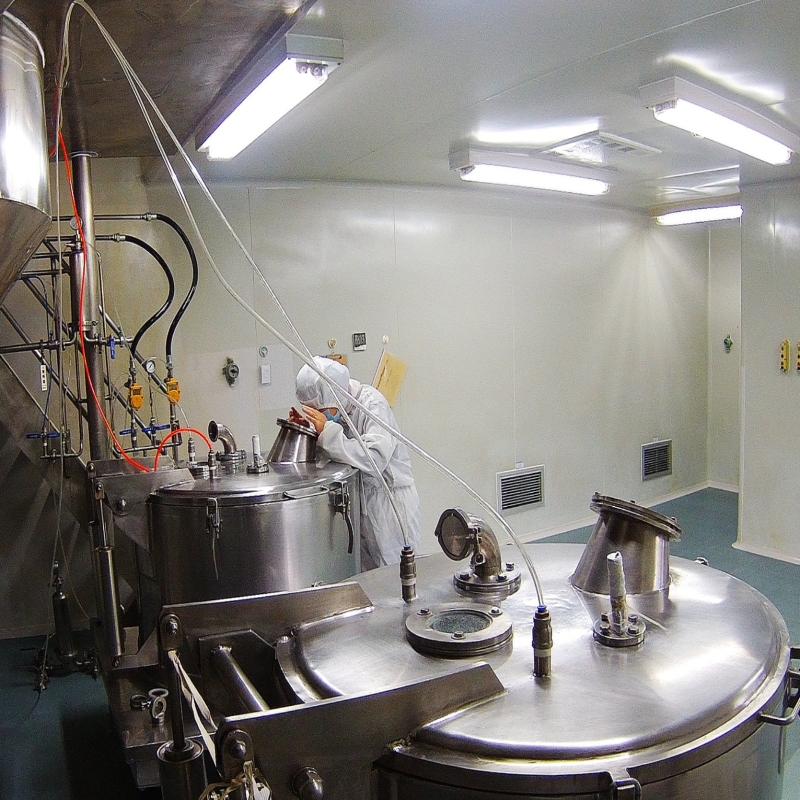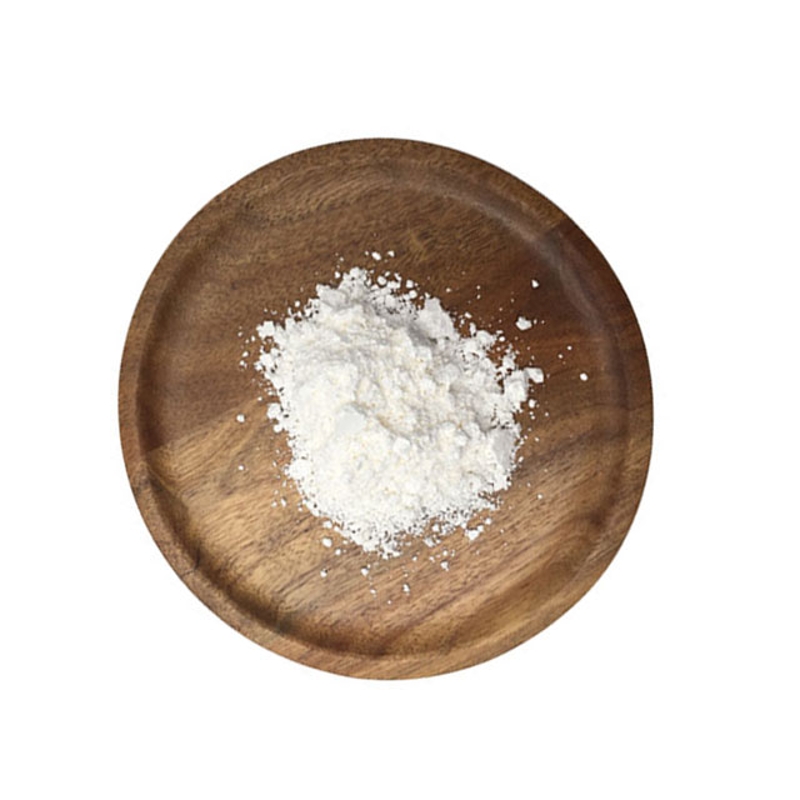-
Categories
-
Pharmaceutical Intermediates
-
Active Pharmaceutical Ingredients
-
Food Additives
- Industrial Coatings
- Agrochemicals
- Dyes and Pigments
- Surfactant
- Flavors and Fragrances
- Chemical Reagents
- Catalyst and Auxiliary
- Natural Products
- Inorganic Chemistry
-
Organic Chemistry
-
Biochemical Engineering
- Analytical Chemistry
- Cosmetic Ingredient
-
Pharmaceutical Intermediates
Promotion
ECHEMI Mall
Wholesale
Weekly Price
Exhibition
News
-
Trade Service
Background: RAI is a known risk factor for Graves' ophthalmopathy (GO)
.
A number of studies have shown that glucocorticoids (GC) can prevent GO recurrence in previous GO patients
RAI is a known risk factor for Graves' ophthalmopathy (GO)
Patients and environment: 99 patients with hyperthyroidism without GO or existing inactive GO and GDD<5 years were randomly divided into IVGC group (49 cases) and OGC group (50 cases), and the other 22 patients with GDD>5 did not receive Hormone treatment served as a control
.
MAIN OUTCOME MEASURES: All patients underwent eye examinations before RAI, 45 days, 90 days, and 180 days, and followed up for 5 years
.
Observe the changes of serum TRAb, thyroid hormone and thyroid volume (TV) after RAI treatment and hormone prevention
Results: After RAI, no patients who received preventive treatment developed GO
.
In the control group, there was a woman who did not use hormone prophylaxis.
GD patients with or without GO received RAI during the 6-month and >12-month follow-up, and the incidence of orbital lesions with or without hormone therapy was used prophylactically; *A, intravenous injection and B, oral hormone prophylaxis; C: Do not use preventive use of hormones
GD patients with or without GO received RAI during the 6-month and >12-month follow-up, and the incidence of orbital lesions with or without hormone therapy was used prophylactically; *A, intravenous injection and B, oral hormone prophylaxis; C: Do not use preventive use of hormonesFigure OGC prevention group (A), IVGC prevention group (B) and non-prevention group (C) patients after RAI treatment changes in serum TRAb levels
.
A, B vs.
Figure OGC prevention group (A), IVGC prevention group (B) and non-prevention group (C) patients after RAI treatment changes in serum TRAb levels
For all patients with GDD less than 5 years, the risk of GO induced by RAI can be prevented by the use of hormones
Vannucchi G, Covelli D, Campi I,et al, Prevention of Orbitopathy by Oral or Intravenous Steroid Prophylaxis in Short Duration Graves' Disease Patients Undergoing Radioiodine Ablation: A Prospective Randomized Control Trial Study.
Prevention of Orbitopathy by Oral or Intravenous Steroid Prophylaxis in Short Duration Graves' Disease Patients Undergoing Radioiodine Ablation: A Prospective Randomized Control Trial Study.
Leave a message here







